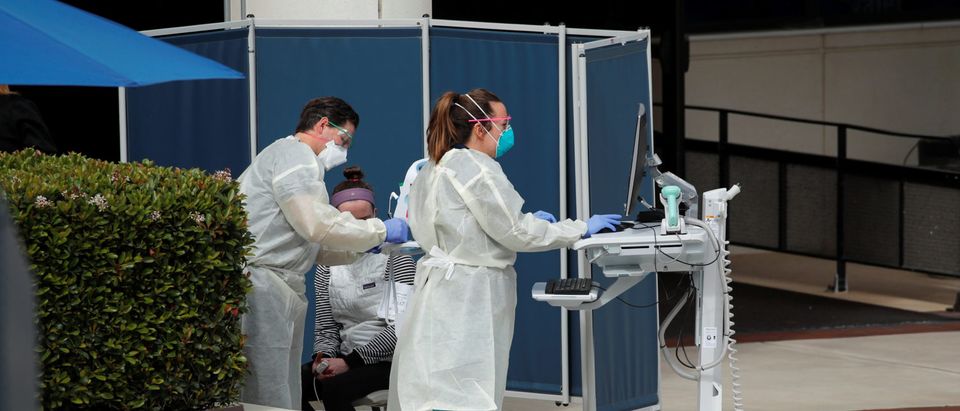On Friday, the House of Representatives passed Speaker Pelosi’s “Phase 4” stimulus legislation on partisan lines. The bill includes another $100 billion for hospitals and healthcare providers, on top of the whopping $175 billion hospitals already received in previous stimulus legislation.
As the Senate works on its bipartisan alternative, it has the opportunity to prioritize the needs not only of hospitals but also health care consumers – patients, employers and taxpayers – by making future hospital funding conditional on price transparency reforms to provide oversight for our taxpayer dollars.
Requiring hospitals and insurers to post their real cash prices and secret negotiated rates before care is supported by nine out of ten Americans, according to recent polling. The measure is in-line with Pelosi’s demand that stimulus funds come with “transparency and accountability” protections.
Price transparency is needed now to protect patients afraid to visit the hospital for fear of financial ruin. According to a recent Gallup poll, one-in-seven patients with coronavirus symptoms would not seek treatment fearing the unknown financial consequences. Their apprehension is unsurprising when you consider that egregious medical bills are blindsiding patients throughout the country. Serious coronavirus cases cost around $30,000 on average. And the pandemic hasn’t stopped aggressive medical debt collections from patients who can’t afford to pay.
Inflated medical bills are, therefore, not only a financial but also a public health emergency. Clear prices before care can protect patients’ health and wealth.
Disclosing real prices can protect taxpayers by holding hospitals accountable for how they use their vast stimulus funds. It can encourage hospitals to be good stewards of public money, reducing the waste and administrative bloat that make up one-quarter of healthcare costs – about $1 trillion per year. Annual health care savings on this level would amount to a tremendous fiscal stimulus, returning those dollars into the wages and wallets of Americans.
The ability to see prices before care will eliminate surprise medical bills, price gouging and medical billing fraud. Such protection is especially relevant when hospitals are looking to make up for lost revenue from delayed lucrative elective procedures.
Price transparency is needed to reflect new economic realities. The U.S. unemployment rate is now 14.7 percent. Small businesses across the country are boarded up and bankrupt. All levels of government are facing massive deficits. Posted prices will allow these economically vulnerable health care consumers to reduce their cost burdens by allowing them to shop for the best quality of care at the lowest possible price.
Price information empowers patients, who have no recourse under the status quo where they don’t know what they’ll pay until bills show up weeks and months after treatments. Economic and anecd
This reform will also spur innovations throughout our health care delivery system. Today, consumers use their smartphones to research houses, cars, loans, travel, groceries and countless other products and services. But there is no easy way for a patient to compare prices for an MRI or other medical service or procedure. With transparent pricing, entrepreneurs will flock to this multi-trillion-dollar sector to introduce innovative tools that help people research, purchase, and receive healthcare services.
The American health care system has long been unsustainable. It consumes 18 percent of GDP, puts 16 percent of the population into debt collections and makes one-third of people delay needed care. The stimulus legislation offers lawmakers a vehicle in which to make a much-needed fix. By including price transparency, the Senate can ensure that healthcare consumers – not just hospitals – come out ahead.
Cynthia A. Fisher is a life sciences entrepreneur, the founder and chairman of PatientRightsAdvocate.org, and the founder and former CEO of ViaCord, Inc.


